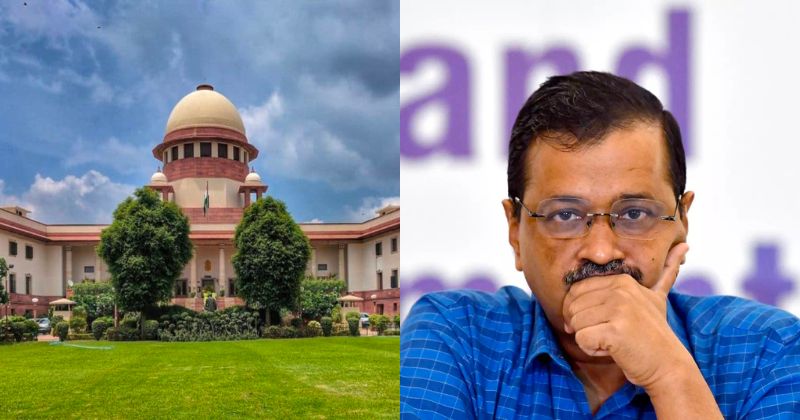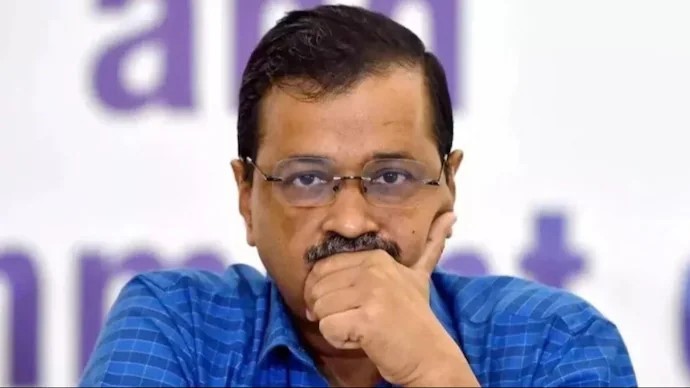In a significant legal development, the Supreme Court of India has made strong remarks regarding Delhi Chief Minister Arvind Kejriwal’s plea challenging his arrest by the Enforcement Directorate (ED) in the Delhi liquor policy case. The case has drawn attention due to its political implications and the timing of the arrest ahead of the general elections.

Background
Arvind Kejriwal, a prominent political figure and the Chief Minister of Delhi, has been at odds with the ED over his alleged involvement in the liquor policy case. His counsel argued that the arrest was illegal and based merely on suspicion, rather than concrete evidence of guilt. Kejriwal had consistently refused to give a statement to the ED, leading to his arrest.
Section 50 of the PMLA
During the court proceedings, Justice Sanjiv Khanna, part of the two-judge bench hearing the case, emphasized the importance of Section 50 of the Prevention of Money Laundering Act (PMLA). This section deals with the power of ED officials to issue summons and request the production of documents, evidence, and other materials. Kejriwal’s counsel, Abhishek Manu Singhvi, argued that arrest should be based on evidence of guilt, not mere suspicion.
Political Motive and Timing
Kejriwal’s petition contends that his arrest is politically motivated, aimed at destabilizing his elected government in the National Capital Territory (NCT) of Delhi. The timing of the arrest, just before the general elections, has raised eyebrows and fueled speculation about ulterior motives.
Non-Cooperation and Legal Threshold
The court questioned Kejriwal’s non-cooperation with the ED, as he had skipped summons for questioning nine times. Singhvi pointed out that non-cooperation alone cannot be grounds for arrest under the PMLA. He emphasized that the investigating agency had not recorded the Chief Minister’s statement under Section 50, which is crucial for establishing guilt.
Contradictory Statements
The bench highlighted the contradiction in Kejriwal’s stance. On one hand, he claimed that his statements under Section 50 were not recorded, while on the other hand, he did not appear for summons. Singhvi argued that non-recording of Section 50 statements should not be a defense for arrest based on guilt. He questioned why the ED could not record Kejriwal’s statement at his residence.
Supreme Court’s Observations
Justice Khanna’s ruling emphasized maintaining a uniform policy for individuals, especially those holding political positions. The court cannot permit direct approaches for bail. Singhvi reminded the court that non-cooperation should not automatically lead to arrest. The court had previously held that non-cooperation cannot be a ground for arrest under the PMLA.
Withdrawal of Plea
In light of the court’s strong remarks, Kejriwal eventually withdrew his plea from the Supreme Court. The legal battle continues, but the Supreme Court’s observations have underscored the need for clarity on arrest procedures and the balance between legal rights and political considerations.
As the case unfolds, the nation watches closely, aware of the broader implications for governance, accountability, and the rule of law. The clash between political power and legal processes remains at the heart of this high-profile legal drama.
For More News Updates follow us On Read Now News
